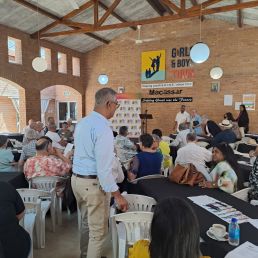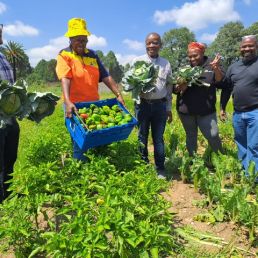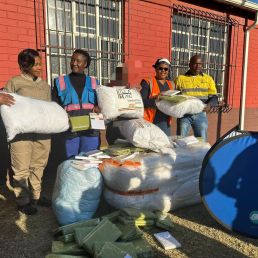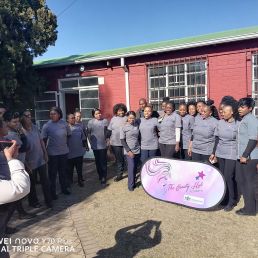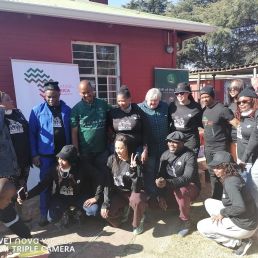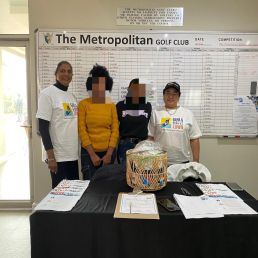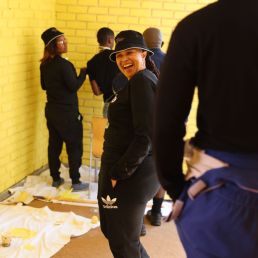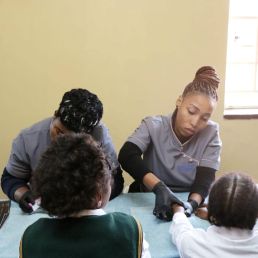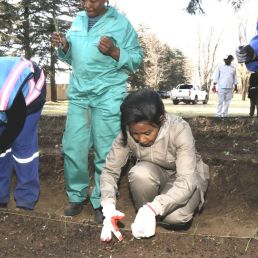Resilience and Outcomes of South African Girls and Boys Town Care-Leavers Seven Years On.
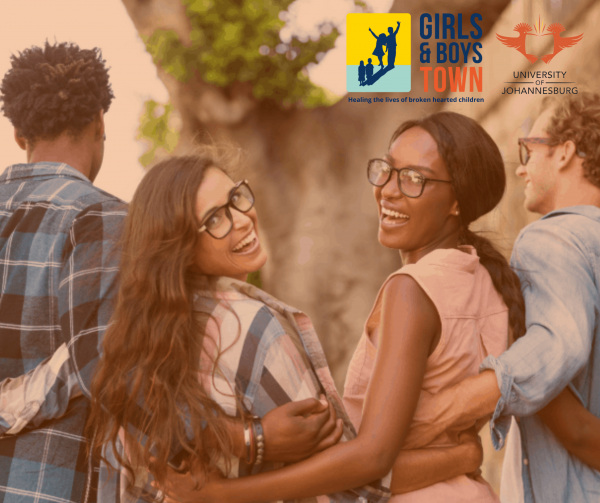
Girls and Boys Town South Africa (GBTSA) and the University of Johannesburg Department of Social Work are delighted to present their latest research report: Resilience and Outcomes of South African Girls and Boys Town Care-Leavers Seven Years On.
This is the third annual report presenting the most recent findings from the Growth Beyond the Town longitudinal research study. The data presented in this report tracks the findings from project’s inception in 2012 till late 2020.
The findings are based on 176 participants who were formally interviewed just prior to their disengagement from GBTSA, and outcomes data from most of these care-leavers were measured annually during follow-up interviews.
The report analyses resilience variables that predict outcomes for care-leavers as they transition out of residential care and towards independent living.
Follow-up interviews enable us to measure various outcomes of care-leavers across a range of independent living outcomes. Most of the outcomes measured remained the same or improved over the years:
- Between a third to a half of participants had self-supporting accommodation over the years. By the sixth and seventh year, approximately half the participants had self-supporting accommodation. Four fifths lived with their families after the first year, but this decreased over the years and by the seventh year, 50% of participants were paying for their own accommodation
- There was a notable 11% upward trend in participants who were reliably employed over the seven years. It appears that participants who were working were likely to stick with their jobs as they got older. Participants also fared well in terms of gaining employment as they got older.
- Since leaving GBTSA, over two thirds (between 68% to 81%) of participants reported having felt prepared by GBTSA for life after care. There was a stable and positive trend in the GBTSA experience over the seven years.
- It appears that even after seven years after leaving care, three quarters (62%) of care-leavers still thought positively about contacting GBTSA staff. This emphasises the significance of relationships with care-givers.
GBTSA practices are based on evidence and research. Our teams can deliver the treatment and services most likely to achieve the goals and meet the needs of our youth and their families. It also creates opportunities for wider implementation of successful programmes and strategies to equip youth leave care with relevant and impactful skills – such as going for a job interview; dealing with Home Affairs; applying for a bursary.
Each person who enters our gates becomes part of our GBTSA family and it is important to us to continue checking up with them and their family to see how they are doing. We are grateful to see that they too appreciate the care and we look forward to keeping up with their progress in life.
To read the full report CLICK HERE


